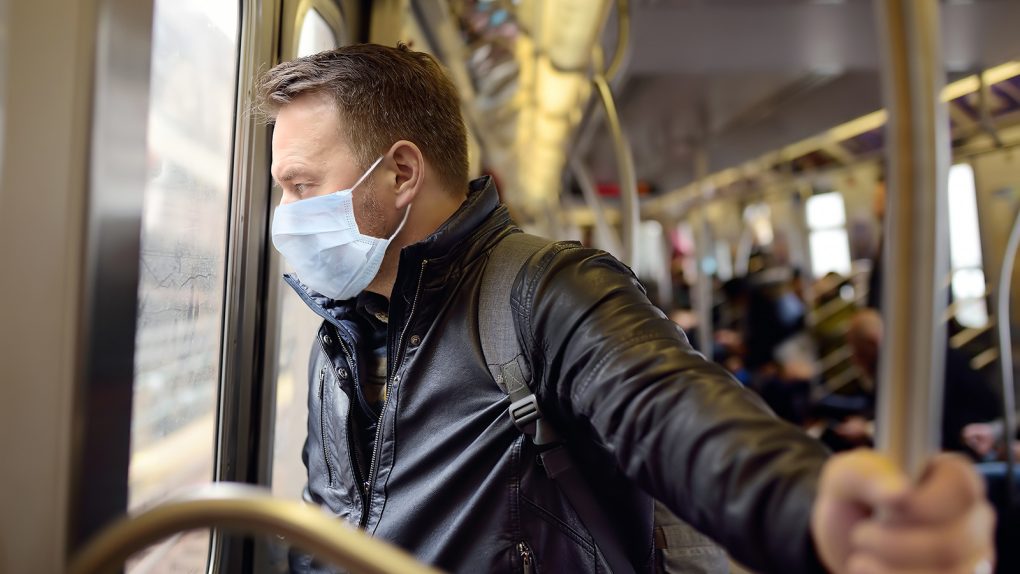- The newest coronavirus vaccine update concerns Johnson & Johnson, whose experimental drug just entered Phase 1 of human trials.
- The vaccine candidate delivered the desired immune response in monkeys with just one shot rather than a regimen of two doses.
- If the single-dose therapy works in human trials, then Johnson & Johnson might have an advantage over other vaccine candidates that need two doses to elicit an immune response in humans.
Out of the more than 150 teams working on novel coronavirus vaccine candidates, several have reached the final stage of clinical trials, which will incorporate tens of thousands of volunteers in different age groups and different regions of the world. Should the Phase 3 tests confirm previous findings — that the vaccines are effective and safe — regulators could approve these drugs for emergency use in late 2020. The first categories of at-risk patients might receive the treatment before the year ends, with public immunization campaigns to start later in 2021.
There’s no guarantee that all, or any, of the Phase 3 trials will be successful, which is why it’s great to see that other companies are starting Phase 1 trials just as others entering late-stage trials. One such experimental drug that’s currently in Phase 1/2a comes from a big name in the industry: Johnson & Johnson (J&J). The vaccine is months behind rivals from Moderna, Pfizer/BioNTech, and AstraZeneca/Oxford, but might hold a significant advantage over them.
J&J confirmed several months ago that it would develop a COVID-19 vaccine of its own, partnering with the US government on the endeavor. But the company kicked off Phase 1/2a of clinical trials only a few days ago. Comparatively, Moderna was among the first to start tests, having kicked off its Phase 3 trial right around the time J&J was beginning the first stage of testing.
J&J released the results of its preclinical trial, revealing that Ad26.COV2-S delivered a robust immune response in monkeys. The drug is a vector-based vaccine expressing the SARS-CoV-2 spike (S) protein, and induced high levels of neutralizing antibodies that provided “complete or near-complete protection in the lungs from the virus.” The full study is available in Nature.
That’s on par with similar preclinical results from other vaccine candidates. But what makes J&J special, per The Motley Fool, is that Ad26.COV2-S required just one shot to induce protection. Most of the other vaccine candidates that reached Phase 3 require two shots that have to be injected weeks apart.
Assuming J&J can deliver a one-shot COVID-19 vaccine, the company would have a significant advantage over rivals. First of all, a one-shot vaccine should be more palatable to vaccine skeptics who want protection against COVID-19. More importantly, a single-dose vaccine would be significantly easier to mass-produce, store, and transport. Logistics is everything when the goal is to immunize as many people as possible as quickly as possible.
J&J might have one other minor advantage over others, which is the price. The company inked a deal with the US government for 100 million doses for $1 billion. The company said the vaccine would be provided “at a global not-for-profit basis for emergency pandemic use.” Pfizer and BioNTech will provide 100 million units of their vaccine for nearly $2 billion. Oxford and AstraZeneca will make 300 million doses for the US market for $1.2 billion. Again, these vaccines will be delivered only if they’re approved.
But if J&J can replicate the success it saw in animals on humans, its vaccine candidate could be a better deal for other governments. Even if authorities provide these vaccines free of charge, governments still have to sign checks to the manufacturer. A vaccine that’s affordable and delivers immunity with a single shot would be precisely what developing countries might need right now.
That’s all speculation based on the preclinical results. J&J plans to test both single- and dual-dose therapies during human trials. Both dosing regimens will be included in the Phase 3 study that’s supposed to start in September, assuming all goes well with the first stage of human trials.
We still don’t know much about COVID-19 immunity. Even if J&J’s vaccine is a single-dose treatment, people might still need booster shots in the years to come as the effects of the first dose vanish. The same goes for any of the other successful COVID-19 vaccine candidates if it turns out that immunity doesn’t last long.








